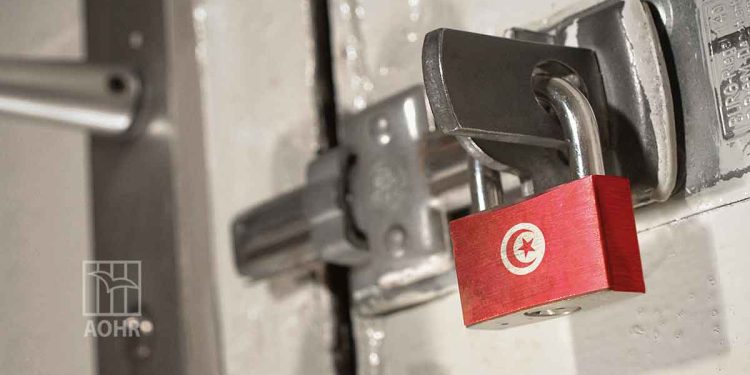Freedom of expression and political pluralism are fundamental pillars of any democratic system, yet the human rights situation in Tunisia continues to raise growing concerns.
In a press briefing in Geneva, the United Nations urged Tunisian authorities to cease their crackdown on political opposition and to uphold human rights, amid an escalating wave of arrests and prosecutions targeting prominent figures. The UN called on Tunisia to end all forms of persecution against political opponents and to respect the right to freedom of expression.
UN Human Rights Commissioner Volker Türk has called for an end to political repression in Tunisia and for the humanitarian release of elderly detainees suffering from health conditions, according to spokesperson Thamin Khaitani.
Since February 2023, Tunisia has witnessed a series of arrests targeting journalists, activists, judges, business figures, and politicians, including Rached Ghannouchi, the 84-year-old leader of the Ennahda Movement, and Sihem Bensedrine, the former president of the Truth and Dignity Commission, who was released on Wednesday at the age of 75.
The UN urged Tunisia to review its criminal legislation to ensure compliance with international human rights law and legal standards. It also called for the immediate and unconditional release of all those arbitrarily detained and for fair trials that respect due process rights.
The UN highlighted that dozens of human rights defenders, lawyers, journalists, activists, and political figures remain in pre-trial detention, facing vague and overly broad charges, seemingly in retaliation for exercising their rights and freedoms. It warned that such repressive measures violate fundamental rights, including freedom of expression, the right to a fair trial, and the right to due process.
According to the UN, more than 40 individuals, including political opponents from various backgrounds, are set to stand trial before the Tunis Primary Court in early March, facing charges of “conspiring against the state” and other terrorism-related accusations.
The ongoing political arrests and restrictions on opposition voices in Tunisia constitute a serious violation of international human rights standards, which safeguard the rights to freedom of expression, peaceful assembly, and political participation. Under the Universal Declaration of Human Rights and the International Covenant on Civil and Political Rights (ICCPR), any restrictions on these rights must be necessary, proportionate, and non-arbitrary—a principle clearly disregarded in Tunisia’s current wave of political detentions.
Article 9 of the ICCPR, which Tunisia has ratified, explicitly states that “everyone has the right to liberty and shall not be subjected to arbitrary arrest or detention”, while Article 14 guarantees the right to a fair trial before an independent judicial body. However, the use of vaguely defined charges, such as “conspiring against the state” and “terrorism”, against Tunisian opposition figures undermines these legal protections and raises concerns about the politicisation of the judiciary.
Furthermore, the Convention Against Torture, which Tunisia has also ratified, explicitly prohibits any form of coercion against detainees, including detention under harsh conditions or denial of basic rights. Human rights reports have raised serious concerns over the treatment of detainees, particularly elderly and sick prisoners, who have been denied adequate medical care.
The continuation of these arrests and trials not only violates Tunisia’s international legal obligations but also places the country in direct confrontation with global human rights bodies. Tunisia, once regarded as an emerging democracy in the region, now faces increasing scrutiny over its declining human rights record and escalating political repression.






























